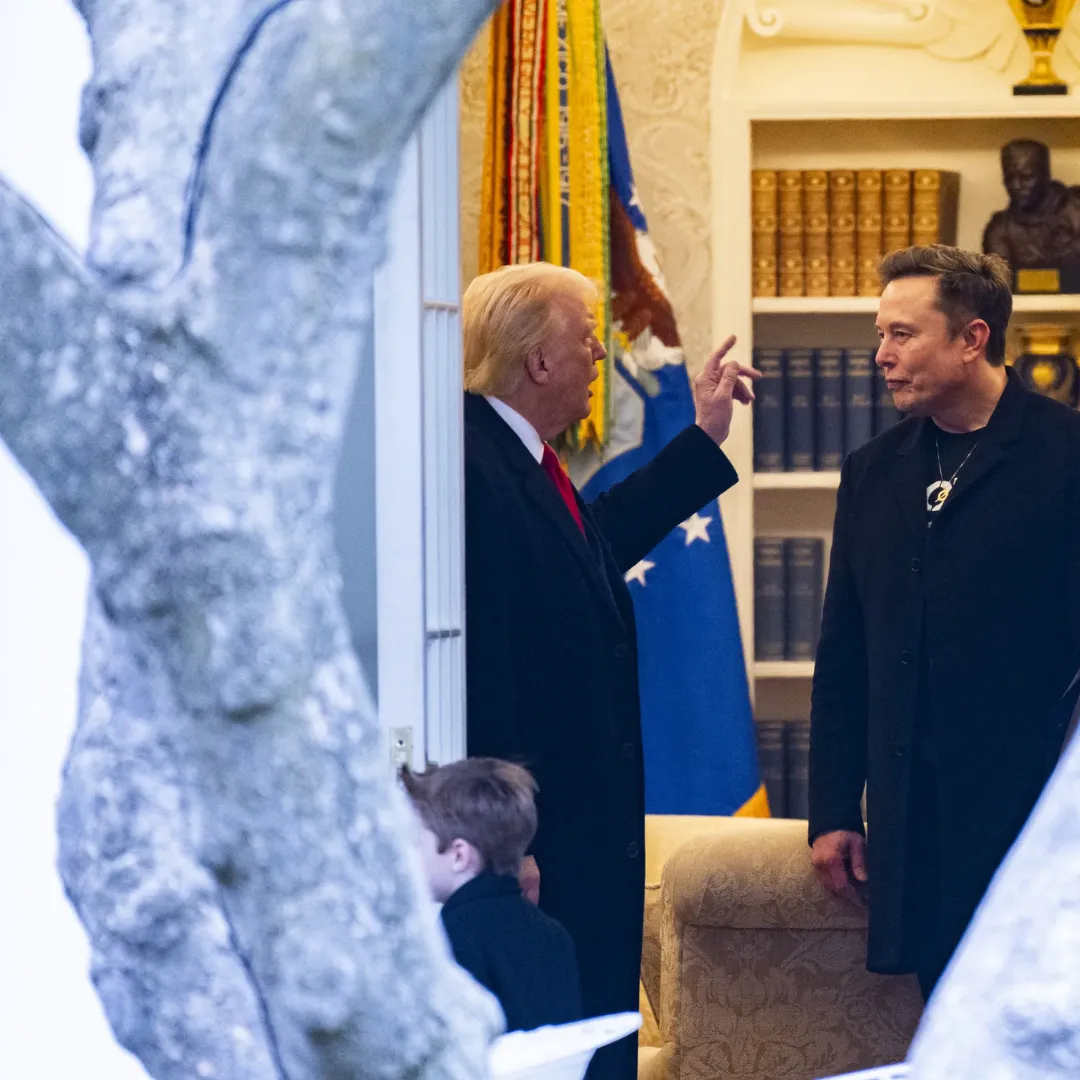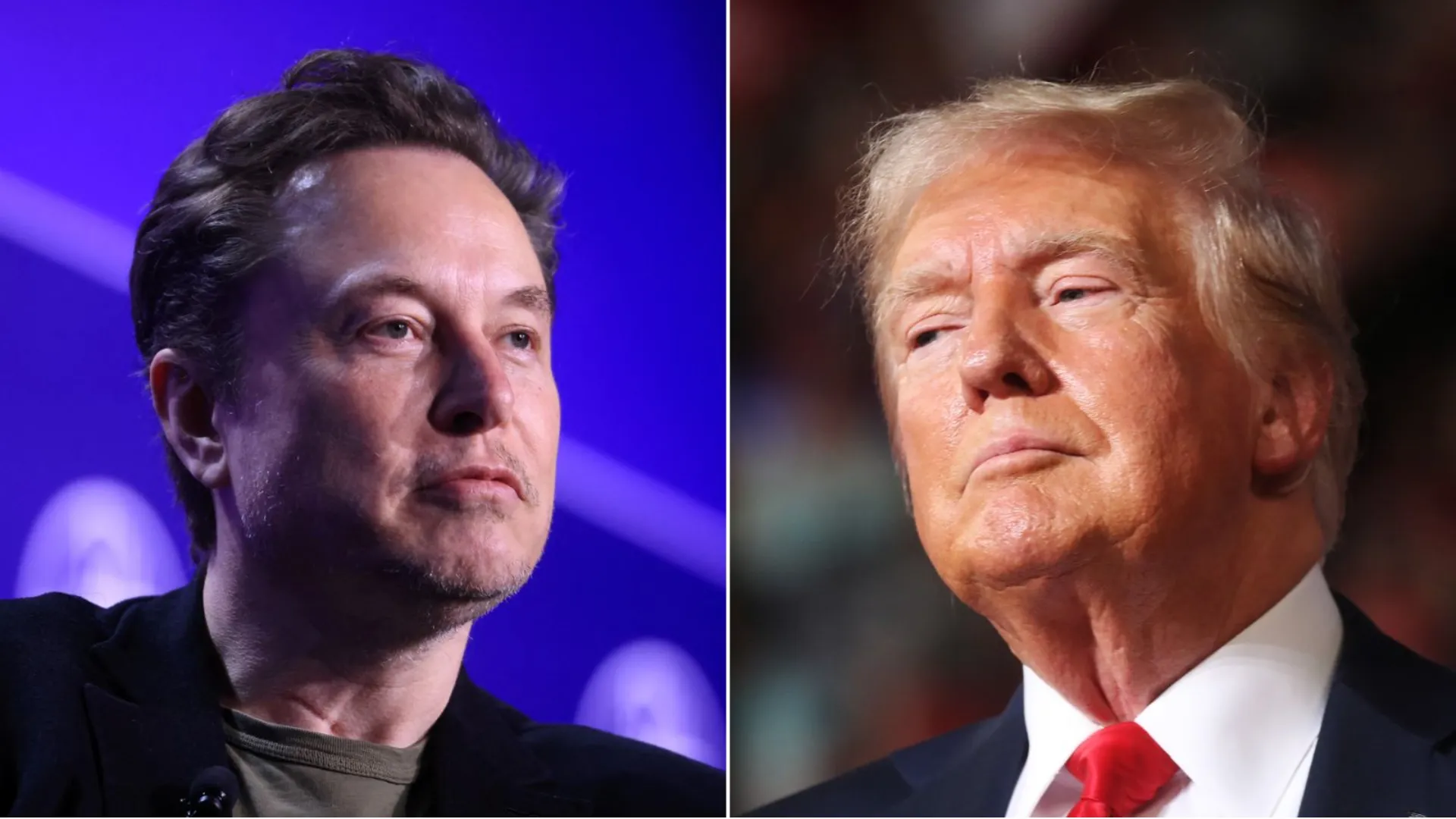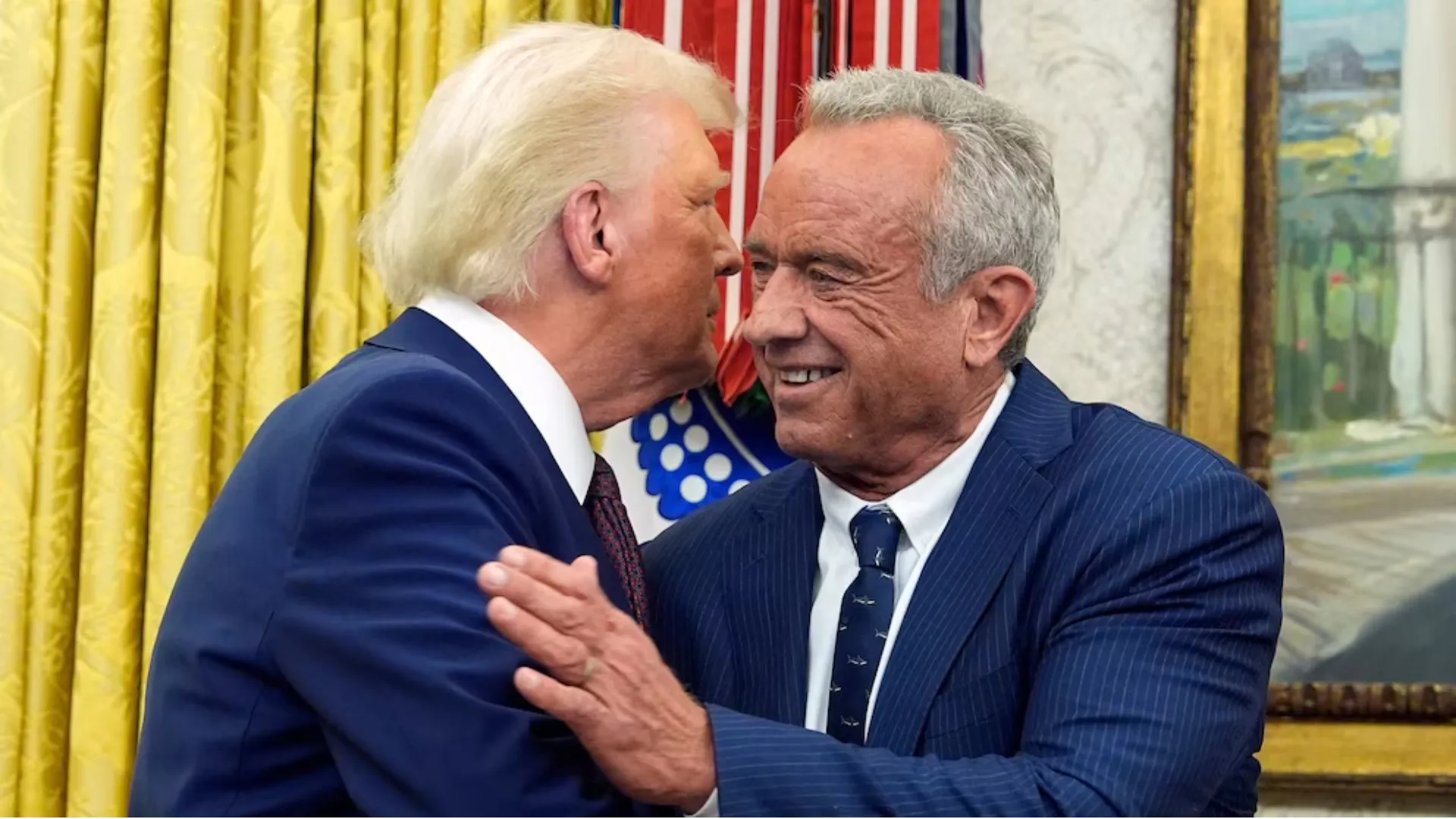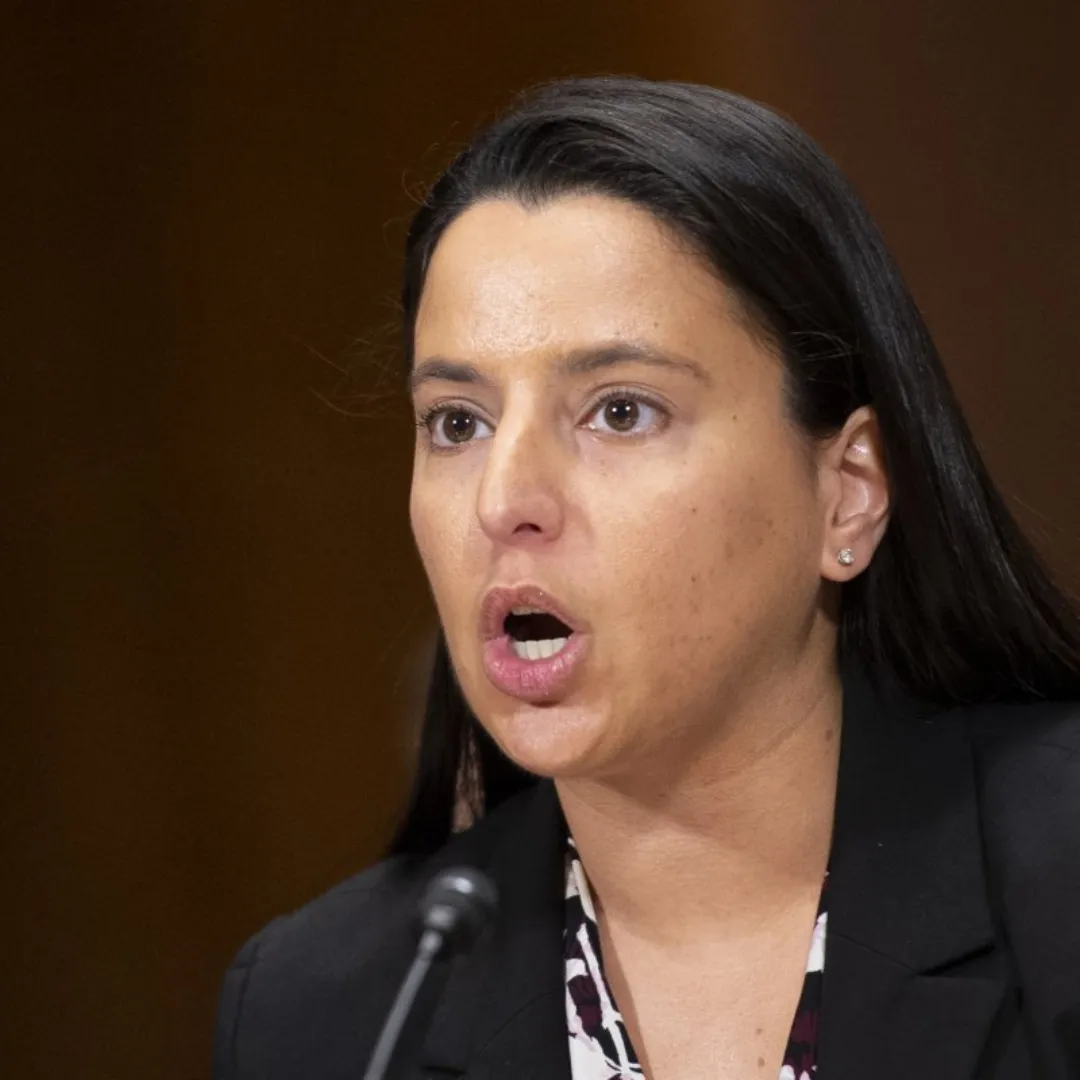
Researchers and faculty at Harvard University are scrambling to manage the fallout after the Trump administration issued a funding freeze affecting more than two billion dollars in federal support.
The freeze, imposed after Harvard rejected demands from the administration to revise internal policies and academic programs, has halted dozens of critical research initiatives and put jobs, animals, and scientific progress in jeopardy.
“This cancellation will cost lives,” said David Walt, a professor at Harvard Medical School and Brigham and Women’s Hospital, who had just received notice that a federal grant to study ALS was being canceled immediately. “This is going to have devastating consequences on innovation, education and the economy for years to come.”
Walt’s research focused on early detection and treatment of ALS, a debilitating motor neuron disease affecting thousands in the United States. His grant, worth hundreds of thousands annually, supported ongoing efforts to understand the disease’s progression and to test interventions that might slow or stop it.
“This opportunity is not just about one lab,” Walt said. “If we can even solve any one of these problems, it will benefit many, many patients. To take that opportunity away from me and other dedicated researchers, in my opinion, is a travesty.”
The ripple effects of the funding freeze are spreading far beyond the Harvard campus. According to faculty, research partners at other institutions across the country are also being affected, from Massachusetts to Washington state.
Sarah Fortune, a professor at Harvard School of Public Health who has been leading tuberculosis research for over a decade, received a stop-work order on a $60 million contract. The project, involving more than a dozen laboratories at institutions nationwide, has now been placed on hold indefinitely.
“The individual institutions that are affected—some of them are moving forward more quickly than others to lay people off,” Fortune said. “The question is, could we find resources to support them, such that we don’t have to euthanize them?”

She was referring to a group of primates currently involved in vaccine research at a partner lab in Pittsburgh. Without immediate funding, researchers say the animals could be euthanized due to lack of support for ongoing care.
Fortune noted that while researchers are seeking emergency funding from outside sources, there is no alternative large enough to sustain the full scope of the multi-institutional research effort. “We’re trying to hold on to what we can,” she said.
At Harvard Medical School, leadership held a town hall with staff and faculty to address the financial strain. Executive Dean for Administration Lisa Muto acknowledged the situation was bleak.
“I know this news is sobering,” she said. “I know that many of you have been expecting this news, and so to actually be clear and transparent about it, it’s difficult for all of us.”
Julie Joncas, chief financial officer for the school, said that although the budget was already facing shortfalls due to rising costs and other economic pressures, the funding freeze had created an immediate crisis.
“It’s important to remember each school is feeling this but is feeling it differently,” Joncas said. “And it’s important for us to realize we’re kind of all under attack right now.”
Joncas estimated that roughly 75 percent of Harvard Medical School’s research relies on federal support. With reserves limited to about $39 million, the school is already discussing layoffs and program cuts.
One of the most high-profile losses is the work of Professor Donald Ingber, a biomedical researcher at Harvard Medical School who was recently ordered to stop two separate federally funded projects.
One involved research for NASA using human organ chips—miniature models filled with living human cells to simulate how the human body reacts in space.
“They were coming to us to develop, literally, avatars for astronauts,” Ingber explained. “In this case bone marrow chips made with cells from our astronauts who are going to go up on the future missions.”
Those chips were expected to accompany astronauts on upcoming missions to study the effects of microgravity and radiation exposure. “The current administration seems very excited about going to Mars,” Ingber said. “We’re never going to get to Mars if we don’t come up with countermeasures to mitigate the effects of high energy radiation exposure.”
Ingber was also ordered to stop another contract from a federal agency responsible for preparing biomedical defenses for the United States. His team had been working on radiation countermeasures using organ chip technology, which could eventually help protect millions of cancer patients from the side effects of radiation therapy.
The work was going so well that the agency had just asked Ingber to expand the research. Days later, he was told to stop immediately.
“BARDA recognized that there’s a critical need for radiation countermeasures,” Ingber said. “There’s only one drug approved and stockpiled in case there’s a nuclear attack or a nuclear disaster, and they desperately need to find new ones.”
Now, his lab is silent.
Federal officials have not provided a full list of affected programs, but early estimates suggest millions of dollars have already been cut from life-saving research in fields ranging from infectious disease to cancer and space medicine.
The freeze follows escalating tension between the Trump administration and elite universities, particularly Harvard, which has publicly refused to comply with federal demands regarding campus governance and academic content.
The Internal Revenue Service is also considering revoking Harvard’s tax-exempt status. According to sources familiar with the matter, a final decision is expected soon. If implemented, the move would dramatically increase Harvard’s tax liabilities and further compound financial stress across the university.
Federal research grants account for the majority of Harvard’s sponsored research funding, contributing 58 percent of total revenue in the last fiscal year. That level of reliance has made the school uniquely vulnerable to abrupt funding changes.
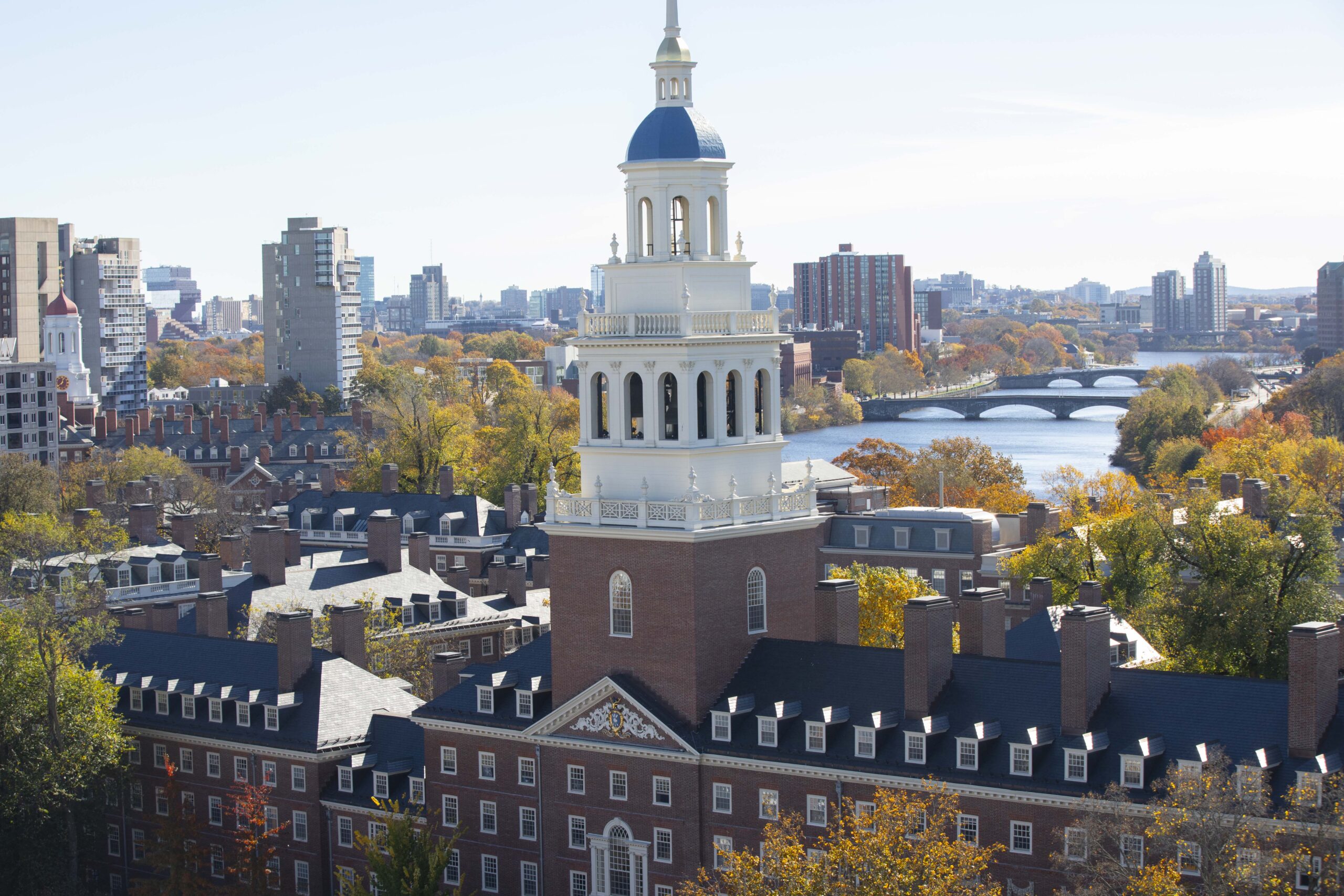
In response to the freeze, a group of Harvard professors has filed a lawsuit to block a broader federal review of nearly $9 billion in research funds.
The suit, submitted by the university’s chapter of the American Association of University Professors, argued that the White House’s actions have “already caused severe and irreparable harm by halting academic research and inquiry at Harvard, including areas that have no relation whatsoever to charges of antisemitism or other civil rights violations.”
The administration’s stance on universities has grown more aggressive in recent months. Several schools across the country have seen their federal grants either terminated or subjected to new conditions, with added scrutiny on diversity and inclusion efforts, foreign collaborations, and speech policies. Harvard is the first major institution to take a legal stand, but others are expected to follow.
The sense of urgency is palpable across the Harvard campus. Scientists warn that losing time on projects with critical timelines—such as research related to emerging infectious diseases or rare genetic disorders—could set back medical progress by years.
“Our research doesn’t exist in isolation,” one faculty member said. “We are part of a global effort to understand and cure disease. Interrupting that flow has real consequences.”
Despite the challenges, faculty members have expressed determination to find ways forward. Some are turning to private funders and international collaborators in hopes of salvaging portions of their research. But most agree that without federal support, the road ahead will be steep.
“Harvard is not invincible,” said one professor. “We’re resilient, but this is different. This isn’t just budget tightening. It’s a full-scale assault on the scientific mission.”

What began as a political standoff has now entered the laboratories and offices of researchers trying to save lives, prevent suffering, and advance knowledge. For them, the stakes are immediate and human. As one researcher put it, “Every day we’re shut down, someone’s future gets put on hold.”

